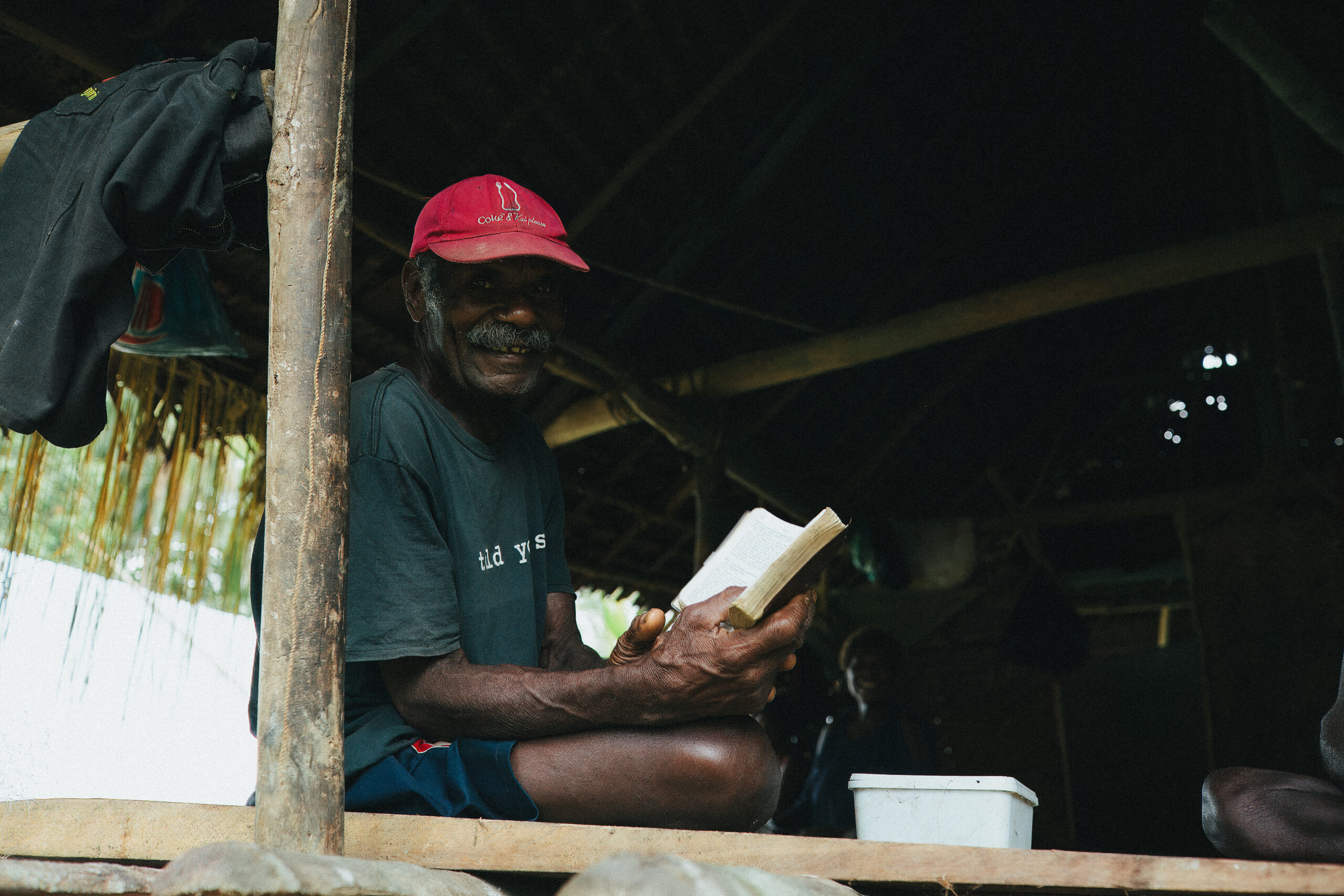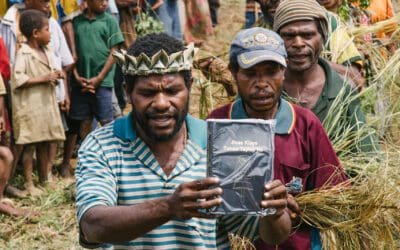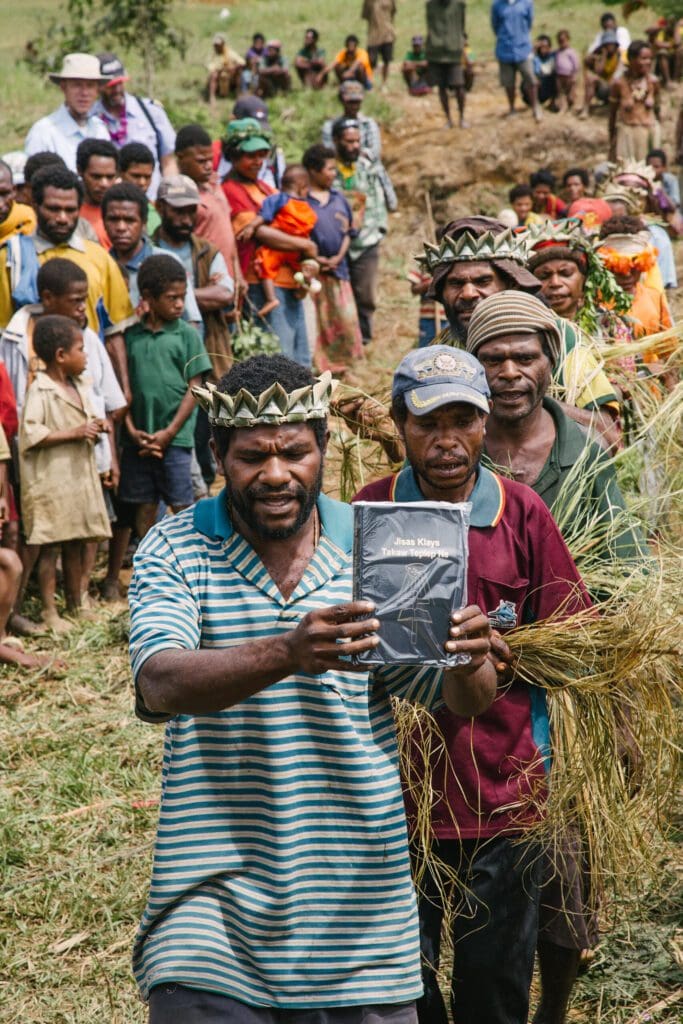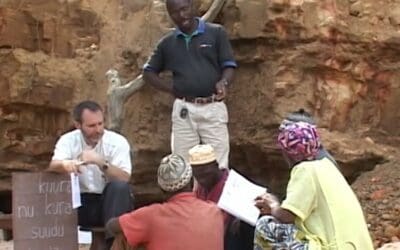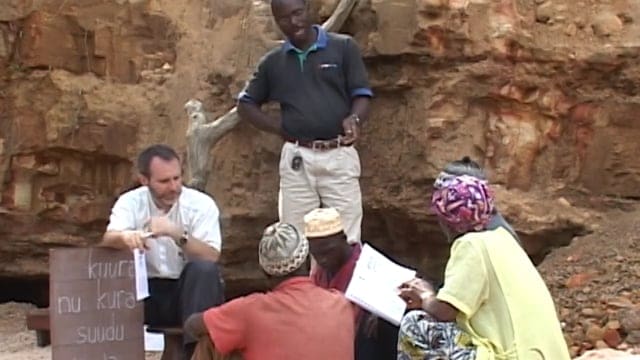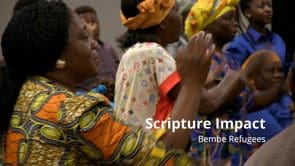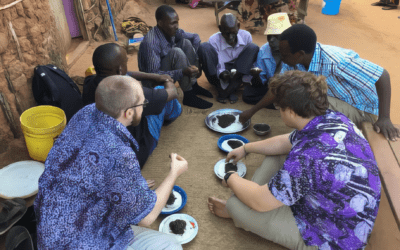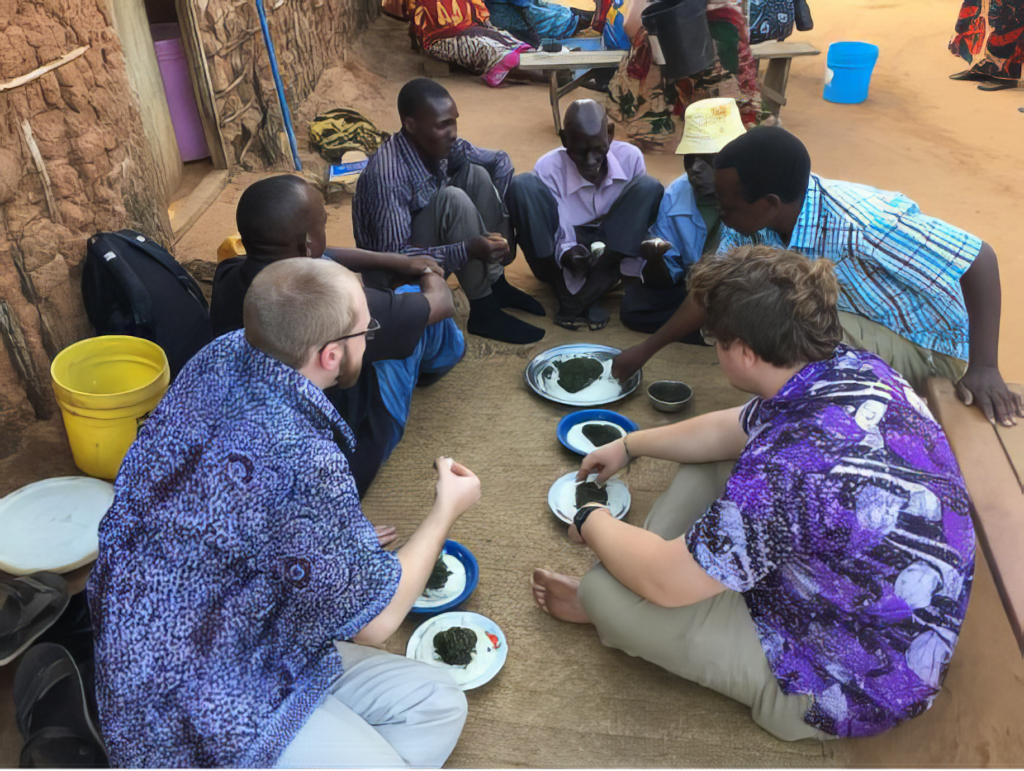It was Friday afternoon at the end of a long week. The air was deadly calm, so thick you could cut it with a knife, as the seven of us sat in a tiny room in a village house in Papua New Guinea.
Every day, from early morning until late afternoon and even some evenings, we’d been poring over the translation of Mark’s Gospel into the Waran language. Innumerable questions had been asked, each one designed to help us discover whether the translation communicated the Biblical message with clarity and accuracy. Any hint of miscommunication or obscurity led to further questions until the translation team was satisfied the translation faithfully transmitted God’s message.
One of the faithful members of this checking team was Mindo. An older man and former village representative in the local government council, he was well-respected in the community. His knowledge of the Waran language was immense. He was of an age that he no longer went out daily to work in his garden, so he was almost always available for checking sessions. We welcomed him as a valuable part of the team.
However, the week was difficult for Mindo. He wasn’t accustomed to sitting non-stop for such long periods of time. The constant mental strain of listening to and evaluating every phrase was exhausting. Occasionally, Mindo would nod off in the heat of the afternoon.
How much of the message in Christ’s words, I wondered, could be getting through to him?
Then we came to Mark 14, which details the arrest and subsequent mistreatment of Jesus. As the account of the arrest was read aloud, Mindo at first perked up. However, as Jesus was led before the Council and liars came in to give testimony against Him, Mindo lowered his head and kept his eyes on the floor. I thought he was dozing off again.
When verse 65 was read aloud, Mindo began to murmur. At each new humiliation heaped on Jesus, Mindo’s quiet vocalization became slightly louder. Finally, I could understand him. He was saying, “Oh, sorry, sorry.” With each report, his head sank a little lower and his eyes bored more deeply into the floor.
The Council spit on Jesus and hit Him with their fists.
“Oh, sorry.”
The guards slapped Him.
“Oh, sorry, sorry.”
Peter denied Him.
“Oh, so sorry.”
The crowd shouted, “Crucify Him! Crucify Him!”
“Oh, sorry, sorry.”
The soldiers drove a crown of thorns down on His head and mocked Him.
“Oh, sorry.”
They led Him away and crucified Him.
“Oh, sorry, sorry.”
Mindo had heard this story before, but always in another language. Now, as he heard it for the first time in his own language, he vividly relived the last hours of Christ’s life. It was a deeply emotional and powerful experience. He felt the shame and humiliation Jesus suffered. He felt his own personal shame because he realized that Jesus endured each of these things for him. He saw, as he had never seen before, Jesus, Son of God, Savior. In response he assumed the posture, not of sleep, but of embarrassment and shame as the Waran people express it.
Hearing these words for the first time in his own language, Mindo vividly relived Jesus’ suffering and humiliation.
Mindo is no longer with us. He has gone on ahead to see face to face the Christ who suffered for him. He left behind a rich witness of the power of God’s Word to touch our hearts when we hear it in our own language. Even today, decades later, as I read the story of Jesus, I feel what Mindo felt. He, “being dead, yet speaks” to me.
May everyone who reads or hears the Word as it goes forth in the language of their hearts be as personally and emotionally affected as Mindo. Then the Christ of history will become the Living Christ with power to challenge and transform their lives.
If you’d like to know more about how God has been working among the Waran people of Papua New Guinea, here’s a video: God’s Word for the Waran
